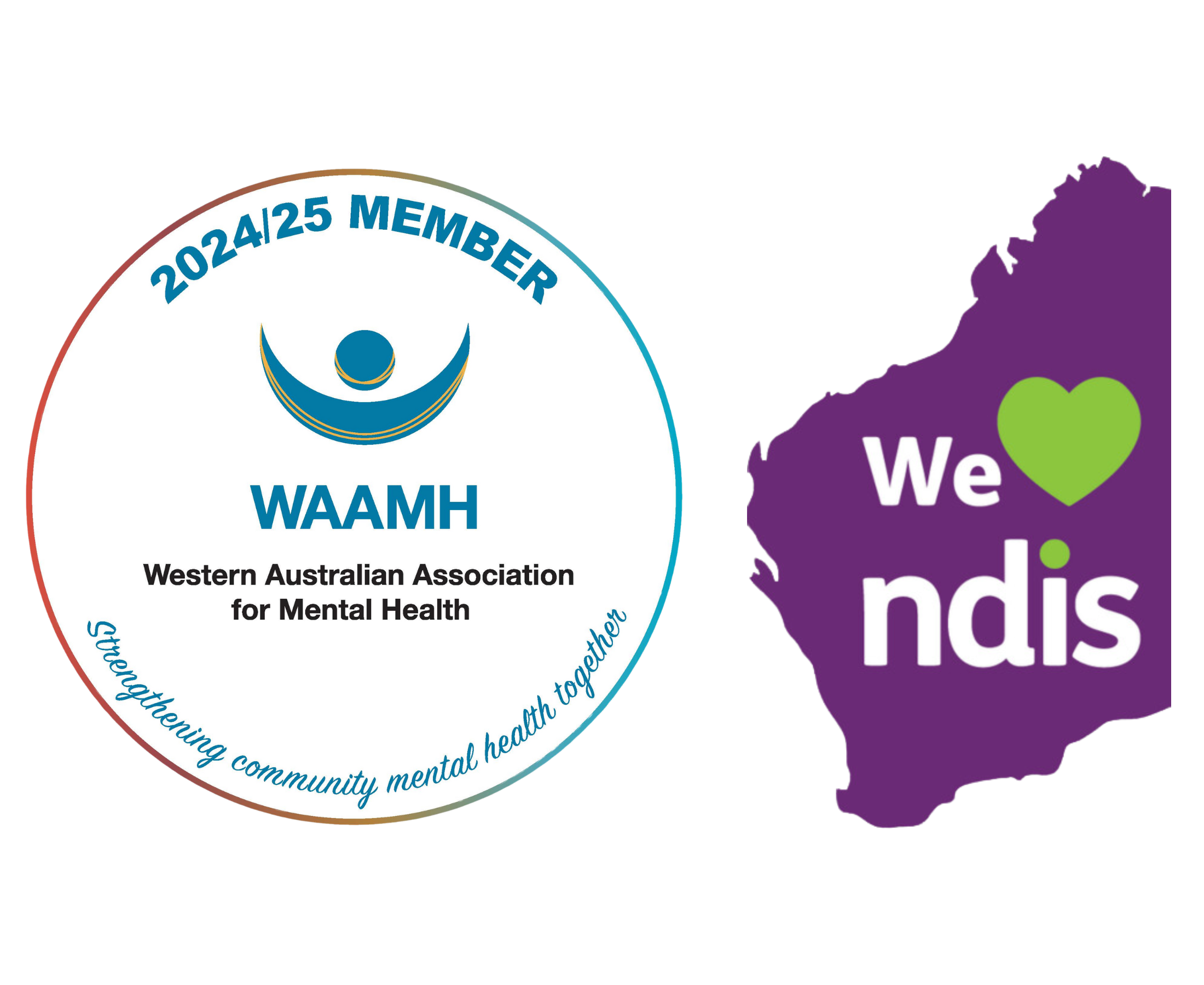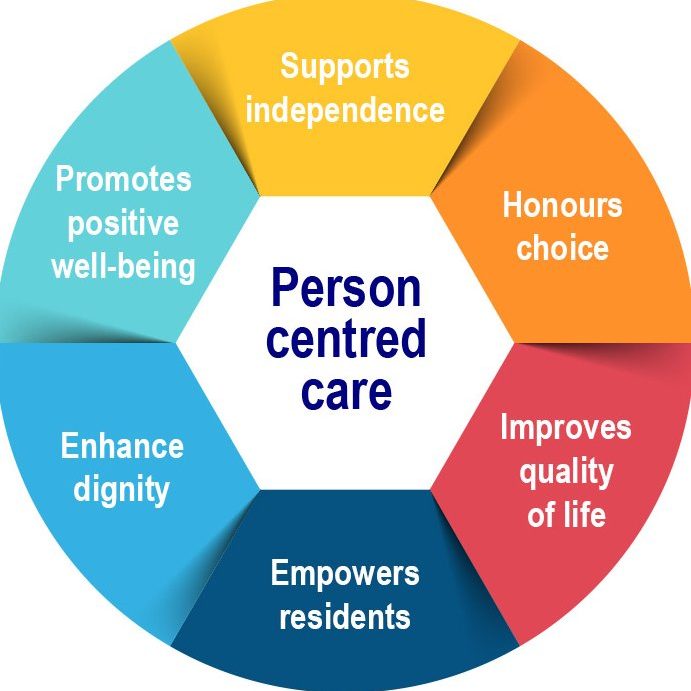About YesAbility
The team at YesAbility are passionate about Behaviour Support and supporting those we work with. We are experienced Clinicians with various backgrounds in Psychology, Occupational Therapy, Social Work and Criminology.

About Us
What We Stand For
Our Vision
Social inclusion for everyone.
Our Mission
Enhancing and supporting others to live empowered fulfilling lives.
Our Values
- Inclusiveness
- Including participants in decision making
- Person-centered
- Listening to the person
Ethical
We do what we say we will do with professionalism, empathy and confidentiality.
Equality
We strive for equality for all and a life free from discrimination. Our staff uphold the highest quality standards in all the work we undertake.
Dignity
Respect the unique worth of every person (that includes people who access our services, families, employees and volunteers).
Our Approach
How We Provide Our Services
Evidence based approach
YesAbility Clinicians work under the evidence-based approach of Positive Behaviour Support to increase a person's quality of life and a secondary goal of decreasing the frequency and severity of their challenging behaviours.
The Positive Behaviour Support approach aims to teach a person more positive and socially appropriate ways of communicating and getting their needs met instead of using challenging behaviours.
The idea behind Positive Behaviour Support is that all behaviour serves a purpose and difficult and challenging behaviour can be reduced if we know and understand what the person is trying to achieve or communicate by behaving in a particular way.


Person Centred Approach
Practitioners customise and ensure all plans and work is individualised and person-centred.
A person-centred approach:
- Supports the person, at the ‘Centre of the service’, to be involved in making decisions about their life
- Takes into account each person’s life experience, age, gender, culture, heritage, language, beliefs and identity
- Requires flexible services and support to suit the person’s wishes and priorities
- Is strengths-based, where people are acknowledged as the experts in their life with a focus on what they can do first and any help they need second
- Includes the person’s support networks as partners.
A person-centred approach should support and enable a person to build and keep control over their life.
Collaborative Approach
One of the key features of Positive Behaviour Support for the person displaying the challenging behaviours and their families is a commitment to a collaborative team approach.
This is especially important for those whose problem behaviour occurs in multiple settings such as the home, school, community etc.
Clinicians work in partnership with other members of the multi-disciplinary team to collect data and carry out observations to find out the purpose of the person's behaviour and why they are behaving in that way.

